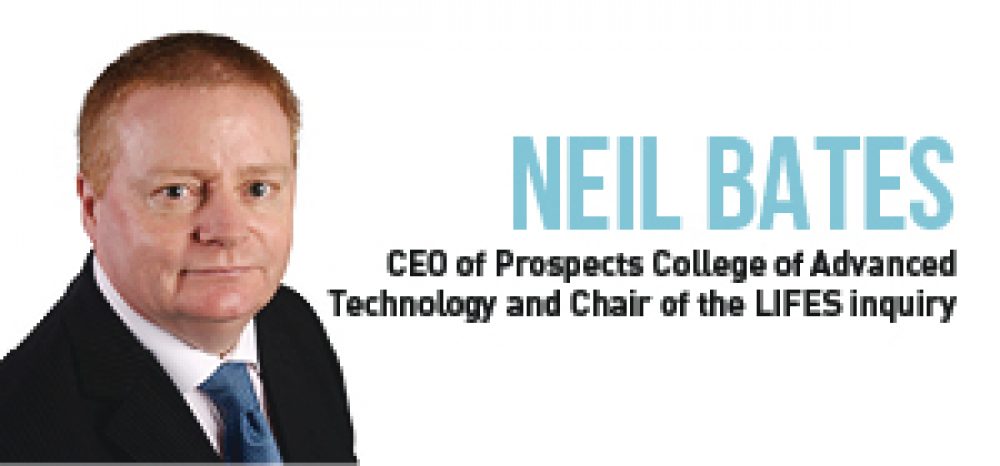What is the purpose of FE & Skills Providers? Local economic improvement? The national economy? Supporting local businesses? Guaranteeing gainful employment? Delivering social mobility? All of the above?
No organisation, and no sector, would attempt wholesale strategic change without understanding where it has been, but most importantly, where it is going. Further Education and Skills should be no different. What is our vision for the sector? More importantly, how do we achieve it?
The last year, and 2017 to come, looks set for some of the most substantive changes I’ve seen: the impact of Brexit, the inevitable change in the labour market, advances in digital technology, the introduction of the Apprenticeship Levy, global economic pressures… I could go on.
Change is not an alien concept to us in the Further Education and Skills sector but it does carry its own set of risks and opportunities. The greatest risk that is posed to the sector is that in responding to change, we forget why it is we exist and who it is we serve. We as sector leaders, have to find time to get out of the trenches and into the watch tower. Providers need to have a vision and programme to ensure that we can lead through this time of change for the foreseeable future. As baseball legend Yogi Berra said, “If you don’t know where you are going, you’ll end up someplace else.”
With that in mind, I have been chairing an independent inquiry into leadership, innovation and change through FE & skills (LIFES). The Skills Commission has been travelling the country to investigate the extent that innovation is being born of devolution, apprenticeships, college amalgamations and more.
In our very first session, we heard that “Innovation is change. Adapting to pressures whilst understanding one’s purpose.”
For instance, one thing that really sticks in my mind is when the Skills Commission heard about a college inviting local SMEs physically into the college space by renting out office space to them. Done right, the impact is instant: SMEs are in direct contact with the college and its staff, the college’s physical space grows its “year round offer” and learners are brought into contact with potential future employers.
There has never been a more opportune time for the FE and Skills sector to lead innovation
The Commission has seen, particularly in its engagement with colleagues from Wales, Scotland and Northern Ireland, that the change affecting FE and skills in England is not taking place in isolation. Rationalisation, regionalisation and the reduction of college numbers is already a reality in each of the UK nations, except England. So why are we not finding time to look across our national borders and learn from colleagues who have already come out the other side of changes that are bearing down on those of us in England?
Engagement with the local economy is essential, whether it be learners getting the qualifications they need to join a local employer; or employees understanding how the curriculum is aiding their business; or a provider working with an employer to develop their programme. It’s clear from our evidence collecting that making providers integral to the local economy is not something we just “do”- it requires ongoing strategic placement in the economic environment. If a learner doesn’t know there is a brilliant company down the road, they won’t make the right decisions to get there. If the company doesn’t know of the qualifications our FE & Skills providers are teaching our students, they won’t go to employ them.
If this is true, there has never been a more opportune, or necessary time, for the Further Education and Skills sector to lead innovation. I extend an invitation to all who are interested to contribute to the LIFES inquiry.
By innovating, and learning from one another, the sector can not only survive, but thrive. By replicating, emulating and understanding innovation already taking place, skills providers can become integral to their communities the length and breadth of the United Kingdom. Now more than ever, the UK needs a skills pipeline that can feed the economy today, and grow it in to the future. Now is the time to make sure we, as a sector, are integral to that effort.
Neil Bates is Principal and CEO of Prospects College of Advanced Technology. He is Chair of the LIFES inquiry, investigating innovation in the Further Education and Skills sector. For more information, and to submit evidence to the LIFES inquiry, please contact Aaron Bowater on 0207 202 8576 or aaron.bowater@policyconnect.org.uk by Friday 30th of September 2016.








Your thoughts